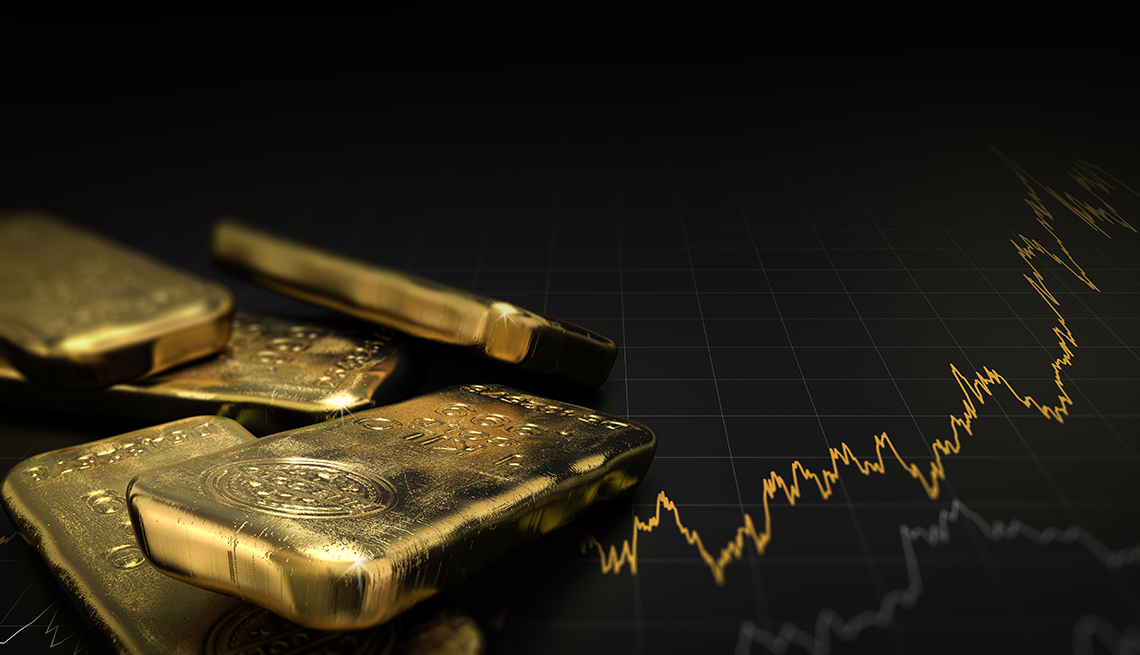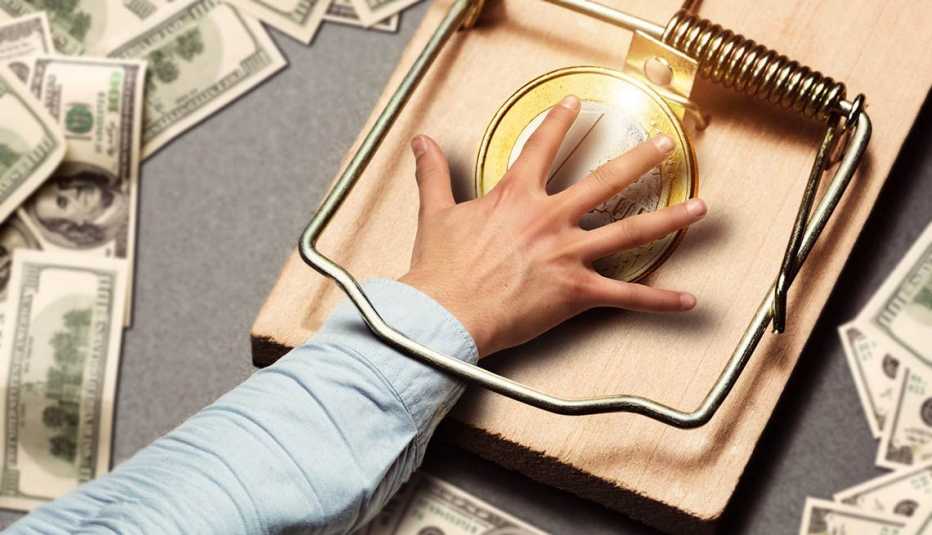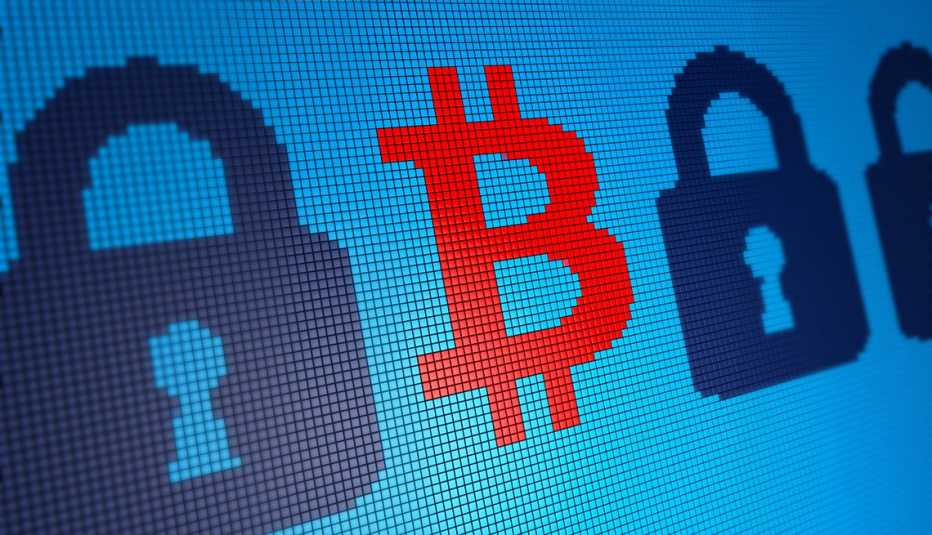Staying Fit
Buying gold may seem like the right way to protect your finances during the current crisis. But because of scams and unpredictable market forces, gold isn't necessarily the safe haven it's often touted to be.
Certainly, gold — rare, portable, attractive and rustproof — has long been used as currency. The earliest known gold coins date from 630-620 B.C. and, until 1971, U.S. currency was backed by gold.


AARP Membership— $12 for your first year when you sign up for Automatic Renewal
Get instant access to members-only products and hundreds of discounts, a free second membership, and a subscription to AARP the Magazine.
Today the dollar, like many world currencies, is backed entirely by the collective belief among citizens and investors that it's worth something. When that belief falters, either from fear of hyperinflation, economic catastrophe or governmental collapse, people tend to buy gold.
That's one argument you'll often see in ads for gold investments on television or the internet. “Gold boasts a four-millennia-old track record as the only protection against the inevitable corruption of currencies,” says the Gold Newsletter, which promotes gold investments.
Certainly, gold has been going up this year, as opposed to stocks, which have not. Gold has gained about 9.2 percent this year, compared with the Standard & Poor's (S&P) 500 stock index, which has plunged 17.12 percent. In fact, gold has outperformed U.S. stocks over the past 15 years, with the yellow metal gaining an average 9.2 percent a year and the S&P gaining 9.05 percent a year with dividends reinvested.
Plenty of risk
But economic crises are not the only factors affecting gold prices. A major gold discovery can depress the price of gold with a flow of new supply; wedding season in India, where gold is a popular wedding gift, can prop it up.
And gold, which may rise in value when the economy is sour, can also fall when conditions improve. Gold prices fell nearly by half from 2011 to 2016, and have yet to top their 2011 all-time high of $1,896.50 an ounce.



































































